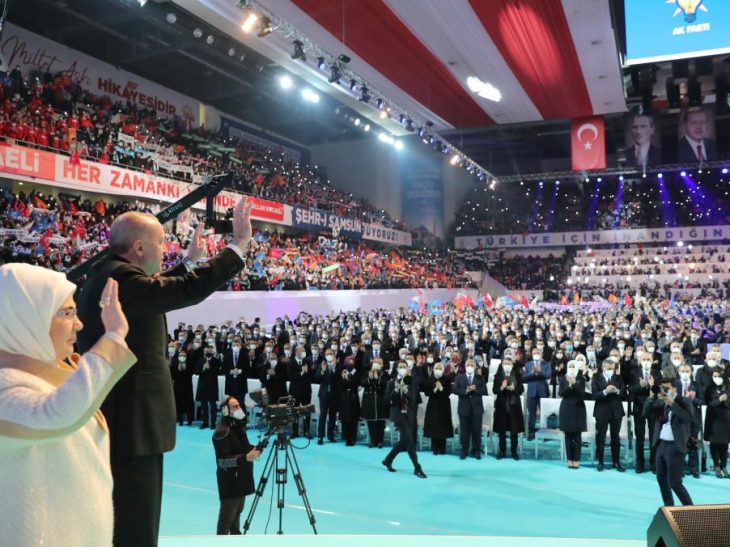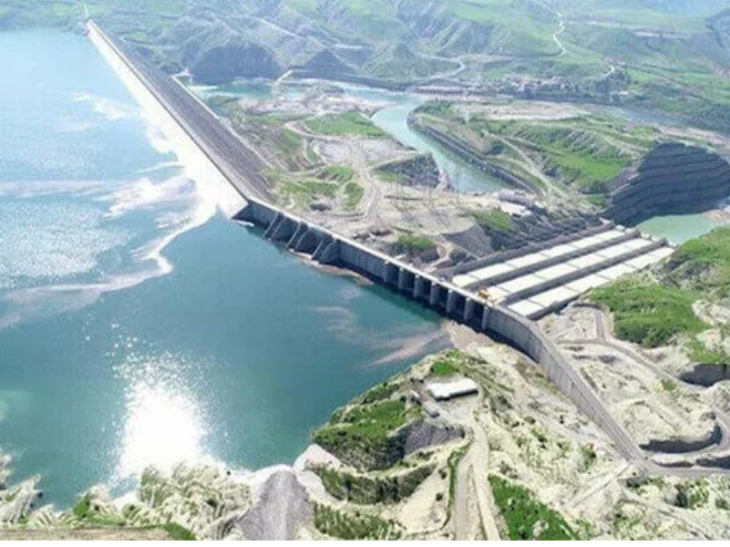AI Set to Reshape Türkiye’s Labor Market by 2030
 Int’l games expo GIST 2019 starts in Istanbul
Int’l games expo GIST 2019 starts in Istanbul
Digitalization and artificial intelligence (AI) are rapidly transforming Türkiye’s labor market, with nearly half of all skills projected to change by 2030, according to the World Economic Forum (WEF). This shift highlights the increasing demand for expertise in cutting-edge fields, including robotics, renewable energy engineering, and autonomous vehicle technologies.
Skill Evolution in a Digital Era
The Future of Jobs Report 2025, published on January 7, compiles insights from over 1,000 global companies. The report reveals that 44% of skills will evolve significantly by 2030, with 40% of current job skills requiring updates. Globally, 59% of the workforce will need reskilling or upskilling to remain competitive, while over 120 million workers face unemployment risks in the medium term. For Türkiye, these trends are particularly pronounced, as the nation accelerates its adoption of advanced technologies such as AI, robotics, and energy innovations.AI and Automation: A Double-Edged Sword
While 77% of employers globally plan to invest in improving employees’ AI skills, 41% anticipate workforce reductions due to automation. In Türkiye, companies are aligning their strategies to embrace these changes, with energy technologies poised to reshape business models for 60% of organizations by 2030. The surge in automation and AI is also expected to influence job roles, creating opportunities in professions such as:- Robotics Engineers
- Renewable Energy Engineers
- Autonomous and Electric Vehicle Specialists






